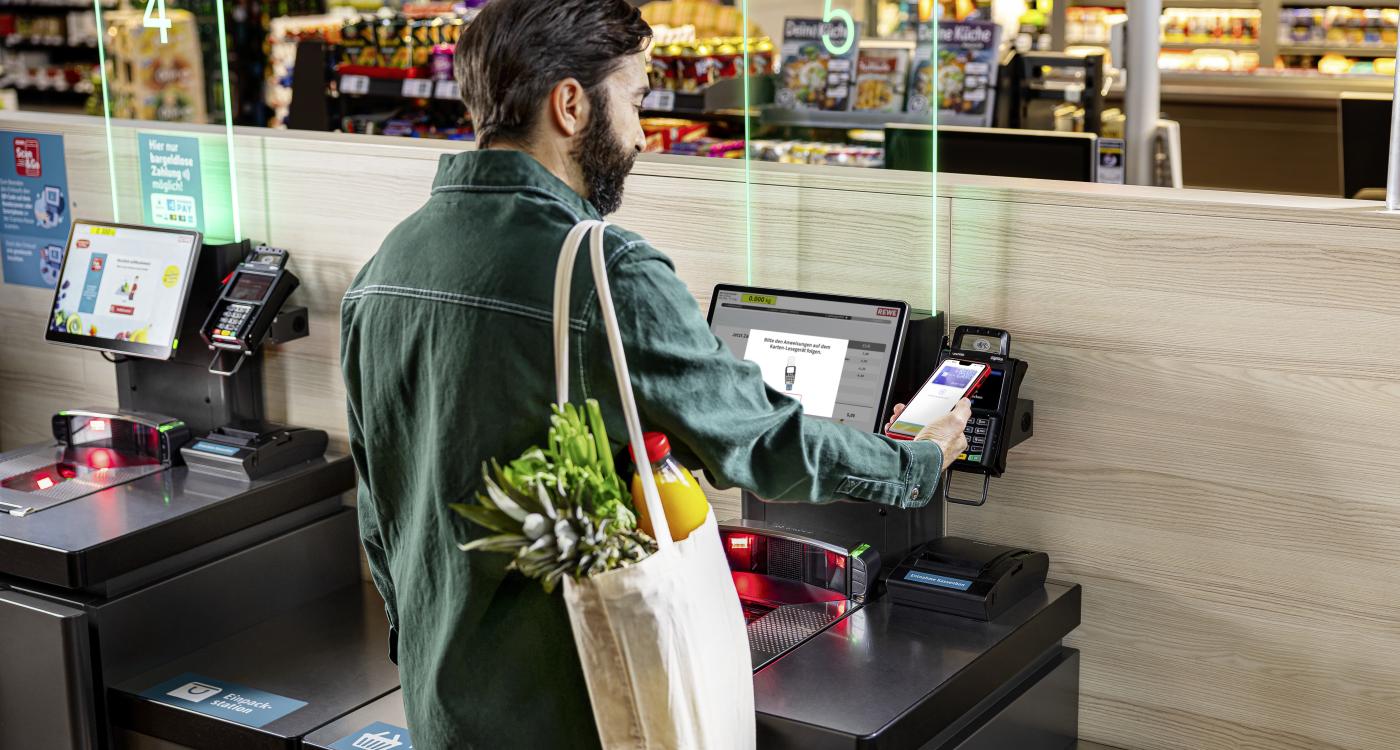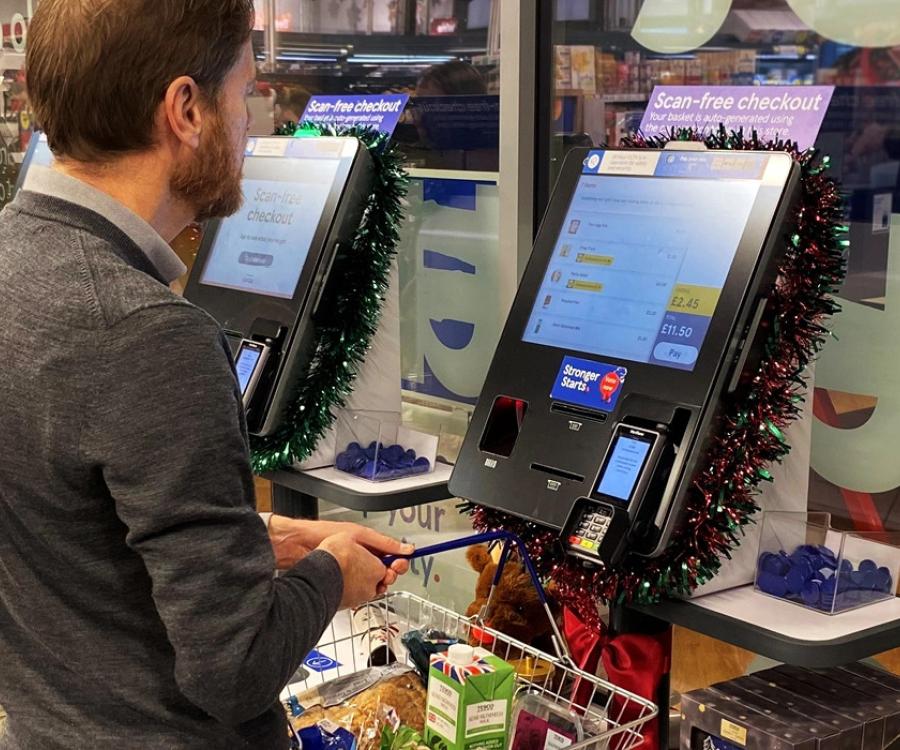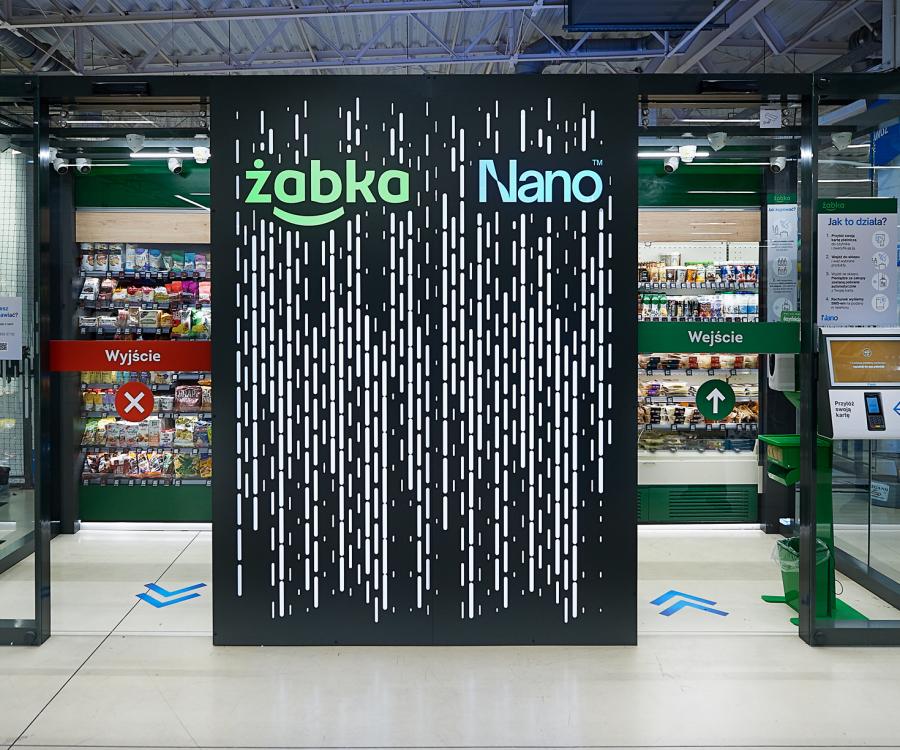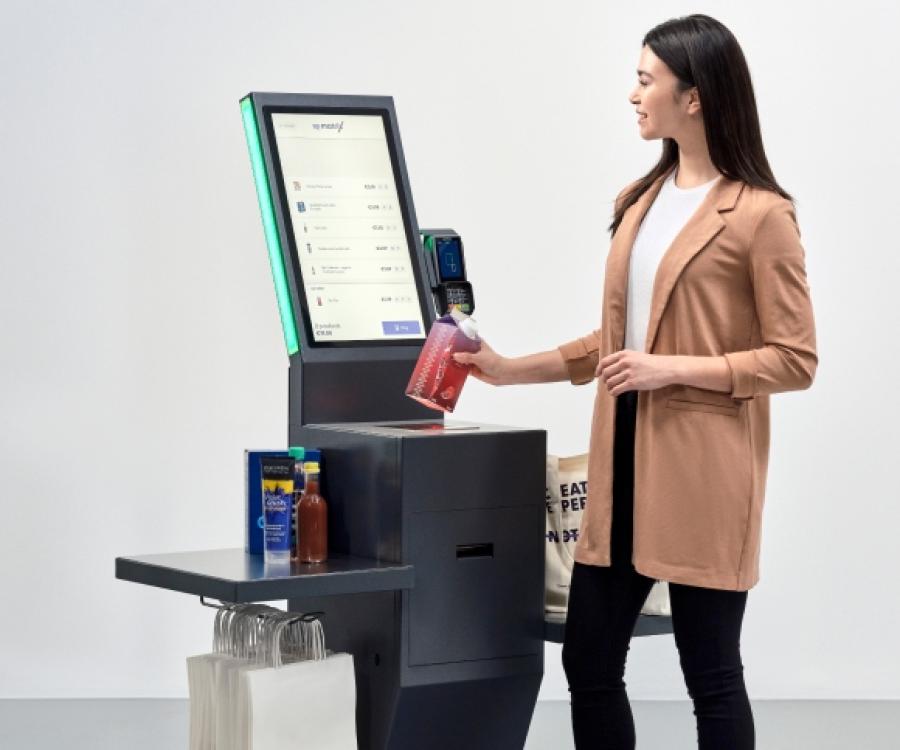Since 2022 the development of unmanned small supermarkets – so-called Smart Stores 24/7 – has seen a marked increase. This newly emerging business format allows small supermarkets to open in places where operation with staff would not be profitable. In addition, these stores also permit shopping outside usual store opening hours with up to 24/7 availability. There are now seven different models available in the Smart Stores 24/7 category, and their customer journeys are subject to constant further development.
By Smart Stores 24/7 we understand unmanned supermarkets which – due to their operating model – can be run around the clock. Smart Stores 24/7 share five characteristics:
- The stores operate without check-out staff. This means that the purchase process must be performed independently by the shopper (Automated Self Service).
- Automated Self Service makes it possible to open the stores at times where manned operation would not be profitable and/or not permitted (at night and on Sundays and public holidays).
- The stores have a very small sales area of between 50 m² and 200 m². Often, these are also so-called container stores.
- Since there is no check-out staff, payment processes are cashless.
- Before using the stores, shoppers have to identify themselves by submitting a bank card, entering an e-mail address or creating a customer account.
Since the characteristics have evolved over the last two years, not all models have these exact characteristics (‘exceptions prove the rule’).
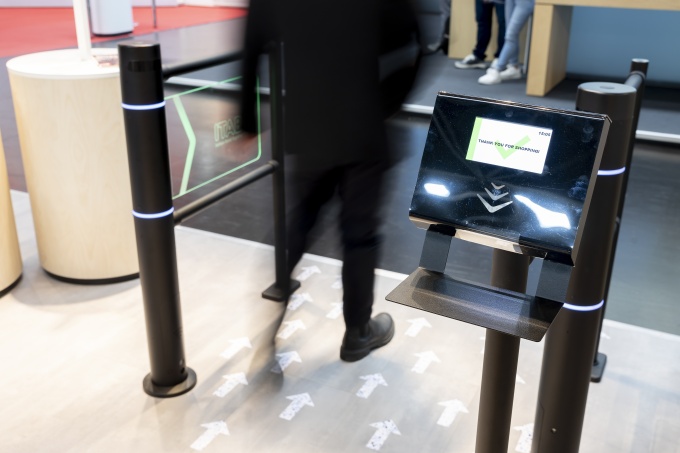
Grab & Go largely still in trial mode
The demanding Grab & Go technology (combining computer vision with sensor fusion), which was used for the first time by Amazon Go in Seattle in 2016, is still predominantly in trial mode in Europe. Many retailers (like Rewe, Aldi, Tesco, Morissons, Sainsbury, Carrefour, Penny, Netto) are running test stores. Only Zabka in Poland already operates over 60 such stores. The customer journey has evolved over the past few years. Initially an App was mandatory while the stores can now be used with just a debit or credit card. Due to the high costs involved, a significant roll-out is not expected in the short term.
Self-scanning solutions dominate as technology
The overwhelming majority of Smart Stores 24/7 are equipped with self-scanning technology. Shoppers are already familiar with this from physical retail stores and can therefore get used to unmanned shopping faster. There are already a large number of such stores in operation in many countries like Germany, the Czech Republic and Sweden. Their respective operators have ambitious expansion plans. These Smart Stores are predominantly located in rural areas closing the supply gap that has increasingly opened up outside of cities.
App-based solutions for direct marketing
App-based solutions are suitable for direct marketing because they only generate low hardware costs and access to the store, scanning of items and payment can all be handled via App. This means operators do not have to invest in self-scanning solutions and can also offer items without a GTIN via a QR code they can create themselves.
RFID – a meaningful option
The RFID technology already deployed by some textile retailers in conventional stores (e.g. Decathlon, Uniqlo, H&M, Zara) can also be found in some Smart Stores 24/7 that predominantly offer food. RFID makes particular sense for butchers since it allows them – at the touch of a button – to check the best-before dates of their ultra-fresh products and, hence, perform optimum inventory management.
Hybrid solutions up and coming
Since the sector has learnt how to run unmanned stores over the past five years, more and more hybrid solutions have emerged since last year. These stores are manned at defined (flexible) times while outside these opening times the hours are extended without any staff. This might prove the predominant expansion option because it takes account of some shoppers’ wish for sales assistants. Furthermore, cash payment is possible during manned opening hours which is – as a rule – not offered in smart stores. Hybrid stores therefore make sense in countries such as Germany, where cash payment is of high relevance.
Robot-served lockers – another alternative
In contrast with the aforementioned walk-in stores, where the merchandise is picked by shoppers from the shelves, robot-served lockers require shoppers to order the goods at a terminal, which are then picked by robots in the background (not visible for shoppers) and made available in a delivery locker. There are various technologies available for picking (for instance by Latebird, VPS Roberta, Smarks, Ximiti, Westermann, Knapp). Such lockers are a meaningful option since theft is ruled out.
Vending stores – vending machines reloaded
Another concept clearly on the rise over the past few years are so-called vending-machine stores: Making available several classical vending machines, they not only offer a convenient range of products (for instance with energy drinks and chocolate bars) but also a broader food range like that of a supermarket. Such vending machine stores have emerged in both city-centre and rural locations.
Challenges are wide and varied
Operating Smart Stores 24/7 poses special challenges for retailers:
- The customer journey must be as easy and understandable as possible.
- Logistics for what are often very small stores with little storage area are demanding.
- Theft prevention is relevant in nearly all solutions.
- Regulations for opening such stores are extensive.
- In Germany the legal basis for opening on Sundays is being implemented and/or under discussion in the federal states, but only regulated by law in two states so far (Hesse and Mecklenburg-Western Pomerania).
So far, most Smart Stores 24/7 have been established in rural areas. In future, however, Smart Stores 24/7 will also pop up at petrol stations, in hotels, on industrial estates and even in city centres. The focus had so far been on food retail but the various technologies are also suitable for non-food ranges. Due to the location-specific requirements all described technologies are likely to have their place and will become established on the market.
Smart Stores 24/7 are a booming niche because of the staff shortages in retail. Over 500 Smart Stores 24/7 have already been opened in Germany alone. The potential seems vast in view of the supply gaps. It can be assumed that Smart Stores 24/7 will remain a niche option even though they are a relevant complement for classic food retail.

Prof. Dr. Stephan Rüschen has been a professor of food retail and head of the Retail Management Programme at the Baden-Württemberg Cooperative State University (DHBW) in Heilbronn since 2013. Before moving into academia, he held various management positions in companies such as Metro and Tengelmann. His areas of expertise are innovation in retail, sustainability and digital transformation in the food sector.

